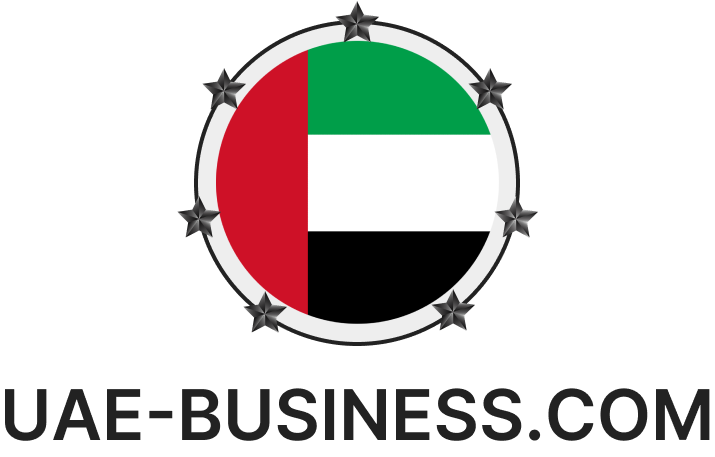Remember This September Dear Member
Following a difficult week on Wall Street which saw the S&P 500 drop 4.77%, the outlook on equities looks to be a volatile one for the short-medium term. Stocks remain overwhelmed with stubbornly high inflation, forcing a hand from the Federal Reserve to continue with potentially damaging hikes to the interest rate at a faster than ideal rate. Traders remain skeptical as to whether stocks are still too expensive after the market’s most recent recession signal of inverted US bond yields. At the same time, the CBOE Index (VIX), also known as Wall Street’s market fear gauge, currently sits at a reading of around 28. This isn’t inappropriately high considering the array of market risks, suggesting that equity markets have not yet reached the bottom.
All astute investors will be solely focused on the Fed in the week ahead with policymakers widely expected to deliver a third straight 75 bps rate hike on Wednesday. The Fed isn’t the only marshall in town, central bank policymakers in the U.K., Switzerland, and Japan will also meet during the week as the global fight against inflation intensifies. Meanwhile, US stocks look abundantly set for another volatile week amid fears that higher interest rates will see the economy run into stagflation. Here’s what you need to know before starting your week.
1) Fed Decision – Higher-than-expected U.S. inflation numbers for August have cemented expectations for another jumbo rate increase from the Fed at the conclusion of its meeting on Wednesday.
Markets have priced in a 75-basis-point rate increase, but some investors are bracing for a full percentage point hike – a move unthinkable just a short time ago.
Market watchers will be on high alert for how the U.S. central bank views the current pace of monetary tightening, the strength of the economy, and how likely inflation is to persist – as well as signs of how the balance sheet unwind is proceeding.
Some worry the process, in which the Fed cuts its balance sheet by $95 billion per month, could hurt market liquidity and weigh on the economy.
2) Bank of England – The BoE meets on Thursday after last week’s meeting was delayed by a week for Queen Elizabeth II’s funeral. Policymakers are expected to hike rates by another 50 basis points, which would bring the Bank Rate to 2.25%, although a 75-basis-point hike is still on the table.
It will be the BoE’s first meeting since the announcement of a government price cap on energy prices, which is expected to see inflation peak lower than it would have done, but the injection of money into consumers’ pockets is likely to keep it high for longer.
On Friday, the new Chancellor of the Exchequer Kwarteng will deliver a “fiscal event” – his first statement on how he plans to deliver new Prime Minister Liz Truss’ pledge to make the U.K. a low tax economy, which risks stoking inflation.
The seemingly opposing directions of monetary and fiscal policy underline the challenges facing the U.K. economy, which has the highest inflation rate among the world’s major economies but is also at risk of tipping into a recession.
3) Global Central Banks – The Swiss National Bank meets on Thursday with officials expected to deliver a 75-basis-point rate hike, matching the European Central Bank’s recent move even though inflation in the Eurozone is far outstripping Switzerland.
Elsewhere in Europe, Norway’s central bank is expected to hike rates at its meeting on Thursday as inflation continues to exceed forecasts.
The Bank of Japan also meets on Thursday amid speculation that Japanese authorities are close to intervening in the foreign exchange market to support the weak Yen, which hit a 24-year low against the dollar earlier this month.
The dollar has been supported by the view that the Fed will keep tightening policy aggressively, while the BoJ sticks to unprecedented easing.
4) PMI Data – The first look at European business activity in September comes on Friday with the release of PMI data from the Eurozone and the U.K.
The Eurozone PMI has already spent two months below the 50 level that separates contraction from expansion – a sign the bloc may enter a recession earlier than previously thought as the energy shock and tighter monetary policy bite.
Last Thursday, the World Bank warned that the world’s economy has been slowing sharply, and even a “moderate hit to the global economy over the next year could tip it into recession” as central banks simultaneously hike interest rates to combat persistent inflation.
5) US Equities – U.S. stocks ended in the red on Friday with the S&P500 and the Nasdaq posting their largest weekly percentage declines since June as inflation concerns, looming interest rate hikes, and ominous economic warning signs weighed.
US stocks’ volatile run this year shows no signs of abating as stubbornly high inflation data makes it likely the Fed will continue to raise interest rates faster and further than previously expected, adding to the chances of a recession.
“While the market is expecting a big bump in the Fed’s rates next week, there is tremendous uncertainty and concern about future rate increases,” David Carter, managing director at JPMorgan in New York told Reuters Friday. “The Fed is doing what it needs to do. And after some pain, markets and the economy will heal themselves.”
 Geoffrey Muns is an Independent Financial Advisor and Planner certified from the UK, US and UAE based out of Dubai for the past 20 years. He also works in the PE/VC space and is a seasoned investment banker having worked with international banks and investment firms in the region. You may contact him at 1mgicapital@gmail.com
Geoffrey Muns is an Independent Financial Advisor and Planner certified from the UK, US and UAE based out of Dubai for the past 20 years. He also works in the PE/VC space and is a seasoned investment banker having worked with international banks and investment firms in the region. You may contact him at 1mgicapital@gmail.com
Photo credit: Tima Miroshnichenko
